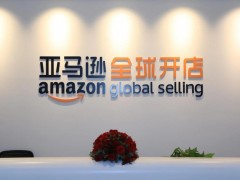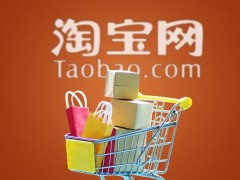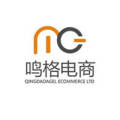Is there a difference between e-commerce and e-commerce?
电子商务(Electronic Commerce,简称EC)和电商(电子商务的简称,英文为E-Commerce)在概念上基本等同,都是指利用互联网技术和电子商务平台进行商品交易和服务提供的商业行为。
二者的主要区别在于,电商一般是指在互联网上进行的商业活动,涵盖了电子商务的所有形式和范围,包括B2B、B2C、C2C、O2O等各种模式的电子商务活动。
而电子商务则更加宽泛,不仅包括电商,还包括电子支付、电子政务、电子教育、电子医疗等各个领域的业务活动。 因此,可以说电商是电子商务的一种形式,而电子商务则是一个更为广泛的概念,包括了电商在内的多种形式和模式的商业活动。
Professional answer
E-commerce (EC) and e-commerce (E-Commerce) are basically the same in concept, both referring to the commercial activities of trading goods and providing services using Internet technology and e-commerce platforms.
The main difference between the two is that e-commerce generally refers to commercial activities conducted on the Internet, covering all forms and scopes of e-commerce, including B2B, B2C, C2C, O2O and other models of e-commerce activities.
E-commerce is broader, including not only e-commerce, but also business activities in various fields such as e-payment, e-government, e-education, and e-health. Therefore, it can be said that e-commerce is a form of e-commerce, while e-commerce is a broader concept that includes various forms and models of commercial activities including e-commerce.
There is a difference. E-commerce and e-commerce both refer to the way of using the Internet to conduct commercial activities. Generally speaking, e-commerce is a broader concept, including any way of using electronic channels to conduct commercial activities, such as email marketing, social media marketing, online advertising, etc., while e-commerce usually refers to online shopping platforms, such as Taobao, JD.com, Amazon and other e-commerce websites. Therefore, e-commerce is a subset of e-commerce.
E-commerce is the abbreviation of e-commerce, and the two can be equated. If there is a difference between the two, it can only be understood from a popular perspective. E-commerce can be understood as e-commerce platforms such as Taobao, JD.com, Pinduoduo, and their practitioners, while e-commerce is an industry, including logistics, customer service, sales, technology and a series of other projects.
Similar Q&A
recommend How to view sales of several months on Amazon?
E-c News Continuously pushing e-commerce knowledge to you








Latest Q&A More
-
Do I need a trademark to open a franchise store on Pinduoduo to sell books?
#Pinduoduo#
-
How to withdraw from a Pinduoduo store
#Pinduoduo#
-
How to withdraw from Pinduoduo merchants
#Pinduoduo#
-
How to pay fees when closing a Pinduoduo store
#Pinduoduo#
-
How to withdraw from Pinduoduo
#Pinduoduo#
-
Which store on Pinduoduo is authentic?
#Pinduoduo#
-
Which stores on Pinduoduo can buy genuine products?
#Pinduoduo#
-
How to check the store under Pinduoduo
#Pinduoduo#
-
How to receive Pinduoduo online game products
#Pinduoduo#
-
How to sell the electronic version on Pinduoduo
#Pinduoduo#
E-c News 2026-02-27 22:38:40

- African netizens use China Africa cross-border e-commerce platform for online shopping
- how is the new seller of cross-border e-commerce doing?
- how can cross-border e-commerce Amazon sell on Amazon platform without goods?
- Amazon store opening process and cost analysis!
- Amazon plans to expand its pharmacy business on a large scale and will add same day delivery service

